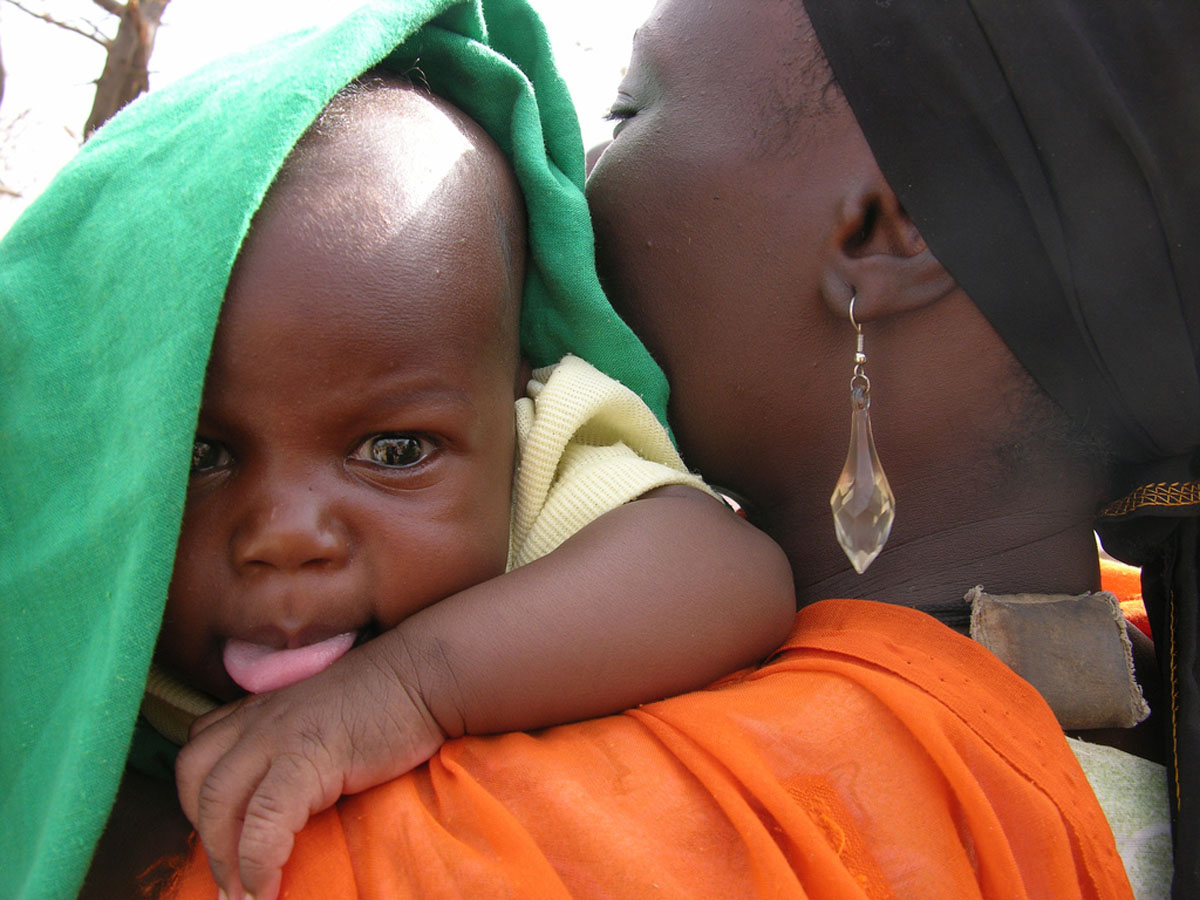News & Updates
Foresight Africa 2016: Africa’s priorities for the year ahead
21 September 2016

According to the Foresight Africa report, by the Brookings Institution‘s Africa Growth Initiative, in 2016, African countries will have to react to many changes and challenges coming from outside the continent such as shifting dynamics in the global economy; potential adverse effects of China’s and other emerging economies’ economic slowdown; and decreasing commodity prices, all of which will require mitigation and policy reform. Within its borders, Africa also faces many challenges, for example in trying to maintain its trade competitiveness, tackle youth unemployment, deal with rapid urbanisation, security threats and reduce barriers to human development. The Foresight Africa report believes that:
“If managed prudently with timely action from African policymakers in 2016, the continent could equally recover from external and internal shocks, accelerate regional growth, and further expand the benefits of growth to the more than one billion people living throughout Africa”
The study identifies six priorities for 2016 that will help continue Africa’s current economic growth:
- Managing economic shocks (including the economic slowdown in China, declines in commodity prices, the US Federal Reserve interest rate hikes)
- Sustaining domestic growth: revitalize the region’s industrial development and focus on job creation
- Supporting human development
- Capitalizing on urbanization. As the second fastest urbanizing region in the world, Africa needs strong infrastructure and planning policies
- Maintaining governance gains: the regional governance puzzle and the complex institutional changes
- Expanding African trade: creating a comparative advantage and strengthening regional partnerships
Critically the report not only lays out priorities for African governments and policy makers, it provides different viewpoints on the best way to develop policy to cope with oncoming shocks and stresses and further development. For example, Njuguna S. Ndung’u, Associate Professor of Economics, at the University of Nairobi, discusses how African economies should build resilience to manage external shocks in 2016. Instead of cutting long-term development budgets in times of crisis, buffers at four levels need to be created ahead of coming shocks: foreign exchange reserves, strategic food reserves, oil reserves for oil-importing countries, and, in countries dependent on commodity prices, a fund for smoothing out commodity prices during times of extreme variability.
The report also discusses the Sustainable Development Goals, noting the common criticism that in trying to do everything the SDGs have become too large, too messy and too ambitious. But it is noted that due to Africa’s involvement in the development of the SDGs they are much better suited to the continents aspirations than the Millennium Development Goals were. An important focus of the both the SDGs and the Foresight Africa report is the need for jobs, which pay a living wage. In Africa only one in five workers find employment in the wage economy. The SDGs in Goal 9.2 sets as an objective:
“By 2030, significantly raise industry’s share of employment and gross domestic product, in line with national circumstances, and double its share in least developed countries”
Here the link between industry and jobs in made and the need for industrial development in Africa.
But what about agriculture, one of the main employers in Africa?
Geoffrey Gertz and Homi Kharas, both with the Brookings Institution discuss the future of agriculture in Africa, noting that
“Strong agricultural systems are a crucial component of Africa’s future development”
Agriculture brings benefits for improving food and nutrition security but also rural livelihoods, jobs and economic growth. Indeed agriculture, more than any other sector is in every SDG and links all 17 SDGs. At present agricultural systems are not delivering these benefits in many places in Africa and of the 20 countries with the greatest food and nutrition security needs, 19 are in sub-Saharan Africa. Authors point out the importance of tackling low productivity agriculture, something that is already happening in some places and can only happen with high-level political commitment to agriculture on the part of African leaders.
Although the focus of the report is priorities for African policy in 2016, many of the issues discussed such as inequality, poverty and climate change will not be solved in one year and each country will have its own priorities. Indeed in a recent Pew survey, although most African countries listed health care and education as priorities for 2016, other priorities were far more specific to individual countries. The report is also very much focused on economic growth, expansion of trade and industrial development, without questioning whether this system can really deliver on human development goals or whether it will in fact harm efforts to reduce poverty, inequality and food security. Many would argue that this business-as-usual approach is what has caused many of the challenges Africa and the world face today, and there is little mention of sustainability in the report.
On 20th January, the Africa Growth Initiative at Brookings hosted a panel of leading Africa experts on the most pressing challenges facing the continent this year and provide recommendations on how to contend with these priorities. You join the conversation on Twitter using #ForesightAfrica.
Article by: One Billion Hungry: Can We Feed the World? Image source: Brookings Institution